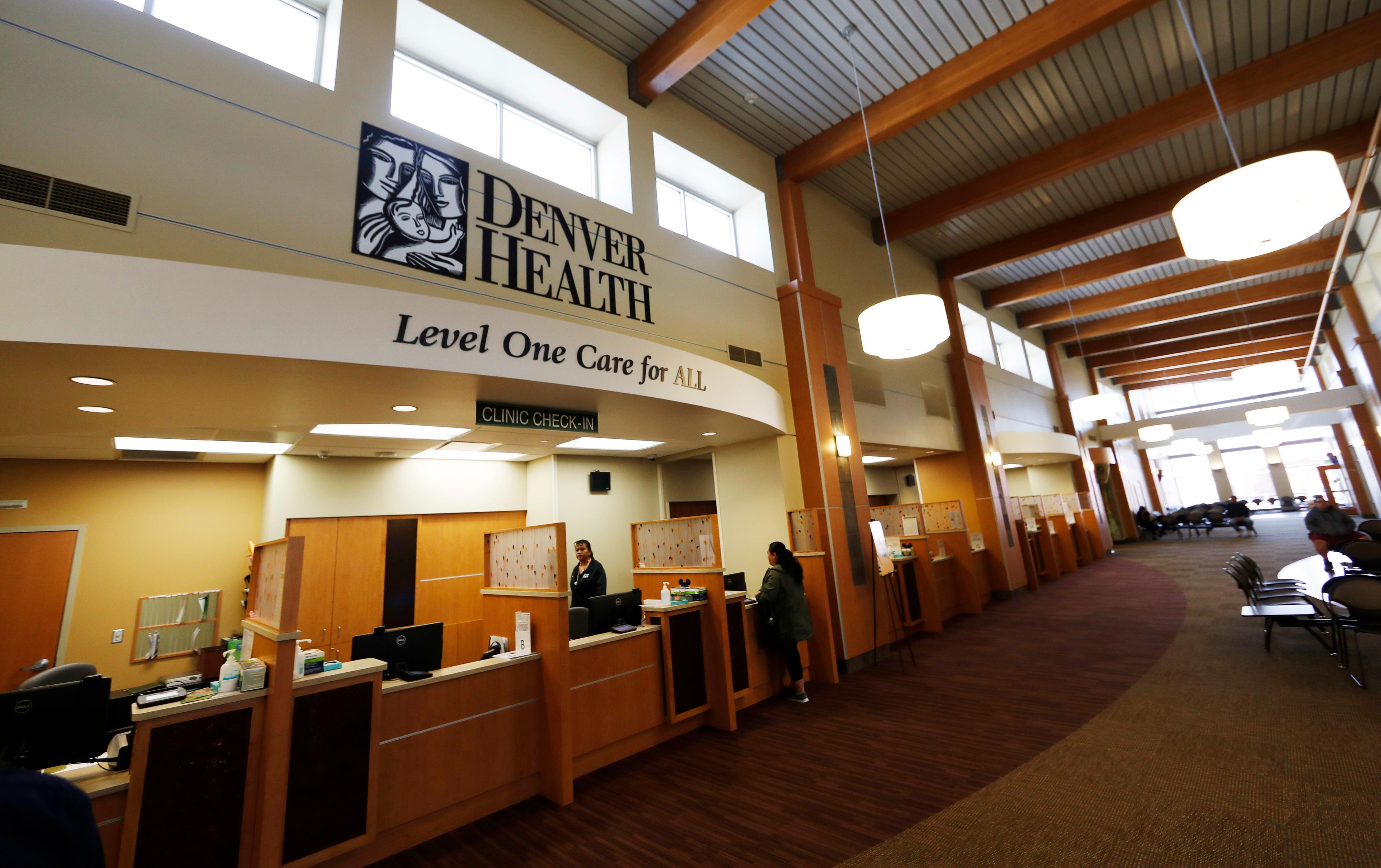
Dr. Ivor Douglas has a hard job that’s only going to get harder.
The intensive care pulmonologist is leading the COVID-19 response at Denver Health. So far, Douglas said medical staff has been able to handle an increasing number of patients, but he told CPR’s Colorado Matters that resources could quickly run out without help from the public.
“Buckle down and adhere to the social separation guidelines for a long time,” he implored. “Please don't let up on this. It is crucial for us to do the work we're doing for folks in the community to understand the social contract obligation that they have right now.”
Some brutal math reveals why Douglas is so frightened.
During normal operations, he said Denver Health maintains 54 ICU beds. Already, the hospital has over 50 patients with the disease in its acute care ward and its ICU. Douglas said about a dozen are already gravely ill and hooked up to ventilators. Some have low blood pressure and show signs of kidney failure, which requires the additional help of a dialysis machine.
Douglas also revealed what could become an enduring image of the coronavirus crisis. Instead of positioning critically ill patients on their backs, the hospital has them lying on their stomachs. Doctors in the places hit hardest by the disease, like Italy and New York, have shown the strategy can increase survival rates for COVID-19 patients on mechanical ventilation. But Douglas says the treatment carries risks of its own.
“While ventilation can be lifesaving, on one hand, it can be highly injurious at the same time,” he said. “And so we really walk a very fine line between doing good and doing further harm with our life-support strategies.”
His hospital expects to soon have far more patients in the same position. Douglas said the facility is prepared to triple its ICU capacity to more than 150 beds if necessary.
As coronavirus cases pick up across the country, many hospitals have reported shortages of ventilators and protective equipment like gloves and face masks. Douglas said his staff currently doesn’t have any of those problems but expects they will soon.
Even based on conservative estimates, he said Denver Health will run out of ventilators for every patient who needs one. Many hospitals in New York have already started experimenting with “ventilator sharing.”
Douglas is glad Colorado appears to be seven to 10 days behind the hardest-hit regions in Europe and the East Coast of the U.S. He said that means his hospital can “jog into the sprint” of a full response.
But he added it means Coloradans shouldn’t expect life to return to normal any time soon.
Douglas’ kids, who are now both at home, often ask him “When can we be people again?” He tells them he doesn’t know. For the time being, everyone must follow the guidance from their municipal leaders and governors trying to flatten the curve to protect his hospital and many others across Colorado.
If they don’t, the results could be a nightmare for him and his staff.









